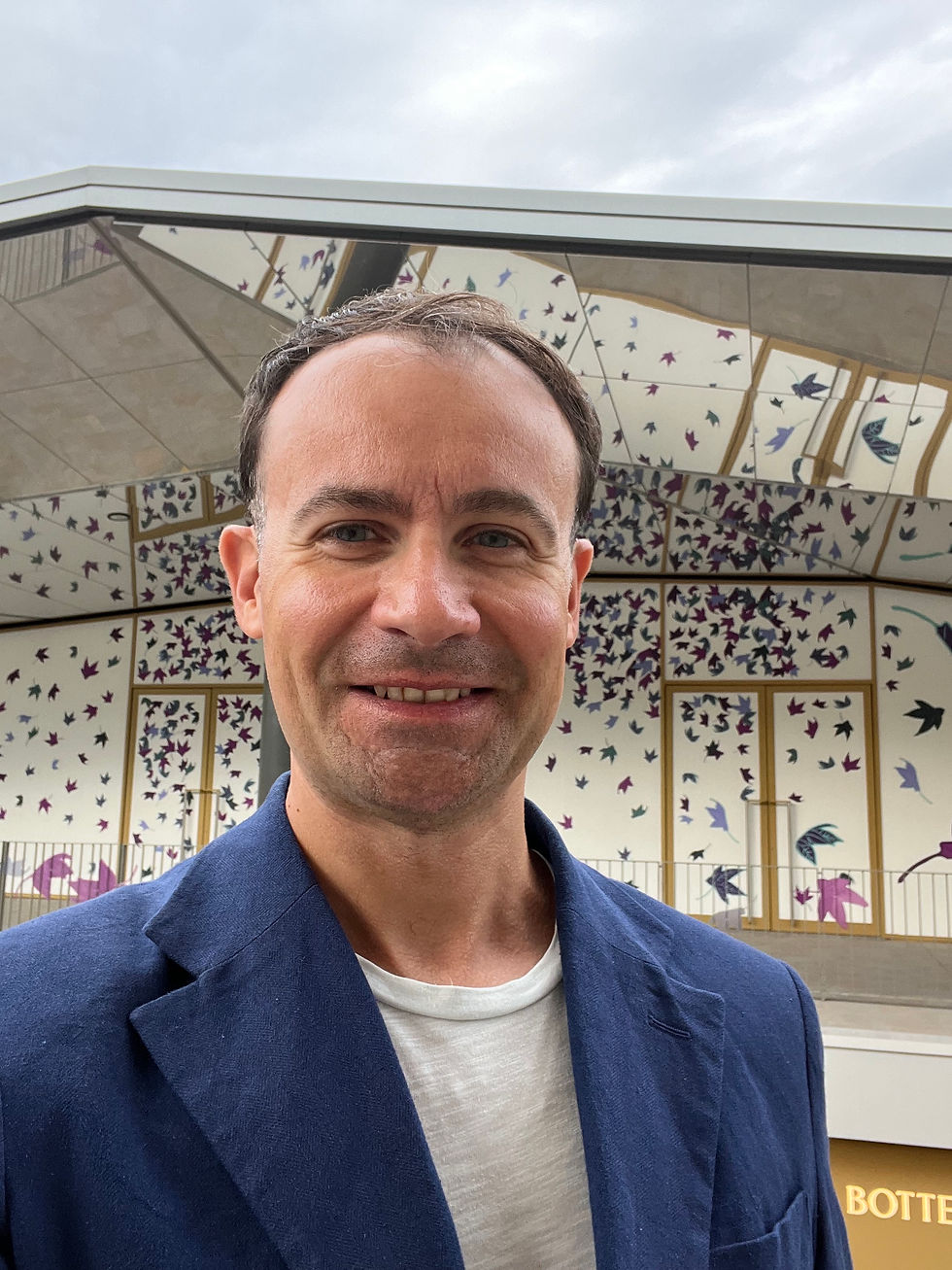AS Monaco's Bee-Hives takes shape in a busy-bee way.
- M Abti
- Nov 24, 2022
- 3 min read
Updated: May 20, 2024
The eco-responsible project "Ruches Rouges & Blanches" (Red & White Hives) conceived and promoted by AS Monaco Football club progresses swiftly and the a couple of sponsored bee-hives have been settled down in Monaco on the 10th November 2022 in the presence of Guillermo Maripán, Chilean professional footballer currently playing as central defender for Ligue 1 in Monaco's national team. As planned, the bee houses, capable to produce from 8 to 15 kilos of honey per year, were located within the urban farm managed by Terrae founded by Jessica Sbaraglia, close to the Tour Odéon.

Just three months after the launch of the project, the 'foundation stone' has been laid to give life to an eco-responsible programme to raise awareness of bee conservation, a particularly emblematic species, increasingly threatened by human actions and climate change. Based on its corporate social responsibility (CSR) program, AS Monaco made a commitment to finance the installation of a hive of 40,000 bees in Monaco's urban territory for each match won. Thanks to the winning results putting the Team in the third-best-attack ranking of the current Championship with 27 goals scored after 14 matches, the Rocher's champions could achieve this important environmentally friendly goal in a limited time.

Guillermo Maripán, who scored the 10th goal of the season while playing against the Olympique Lyonnais (2-1) on the 11th September 2022, was declared the first patron together with his colleague Breel Embolo, the Suisse football striker. The Chilean champion outlined: "I am delighted that the Club and I can contribute to this type of initiative. We know that bees are increasingly threatened, so it is important to help them at our level and we will continue to do so". Jessica Sbaraglia added: "Some studies proved that honey from urban areas is better quality than the one in the countryside. Despite the threatening presence of the Asian hornet, bees feel good here because the Principality of Monaco does not use pesticides".

Bees as monitoring tools of a healthy environment.
The European honey bee (Apis mellifera) has long been used by international researchers as an indicator to bio monitor the state of health of ecosystems. This species is constantly exposed to contaminants and pathogens as well as pollution impacts and pesticides hazardous effects. Despite each individual is quite sensitive to any external stress, the bee community is more resilient adapting themselves to any change. Following their evolution and topical 'products' (honey, wax and stored pollen), biologists can detect the presence of harmful substances in a given territory and draft an ecotoxicology gradient scheme on a long-term basis through various methodologies (e.g.: gene expression, microbiome profiling, etc.).
A recent study from University of Victoria (Canada)*, "Honey bees as biomonitors of environmental contaminants, pathogens, and climate change", published on Ecological Indicators, Volume 134, January 2022, highlights the importance of considering bees as bio-sentinels pushing an international cross-country cooperation of beekeepers to collect information onsite. "Data collected through bee-related foraging activities can increase our understanding of a rapidly changing world, while promoting the security of food production systems".
*Morgan M. Cunningham, Lan Tran, Chloe G. McKee, Rodrigo Ortega Polo, Tara Newman, Lance Lansing, Jonathan S. Griffiths, Guillaume J. Bilodeau, Michael Rott, M. Marta Guarna.
_______________________________________
Discover MONACŒCOART® for Business:

By Maurice Abbati
Springer International Publishing




As usual, very intersting topic and high quaity article.